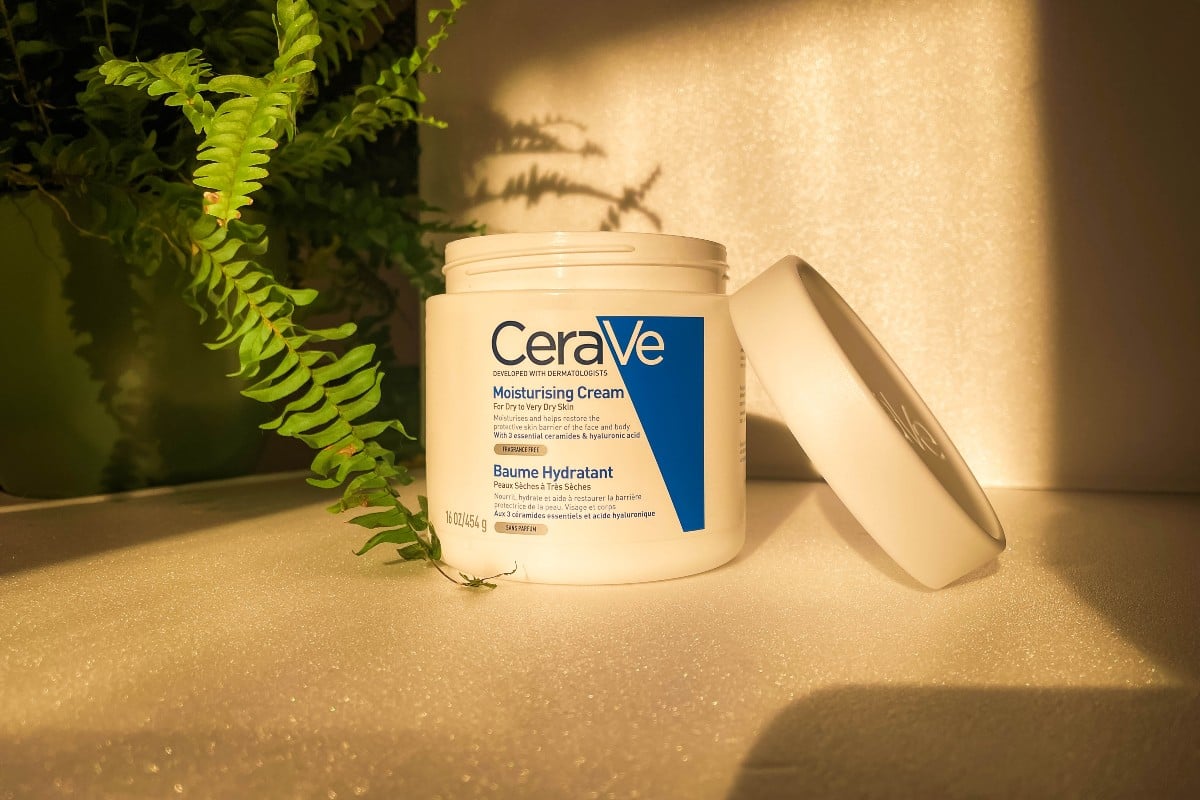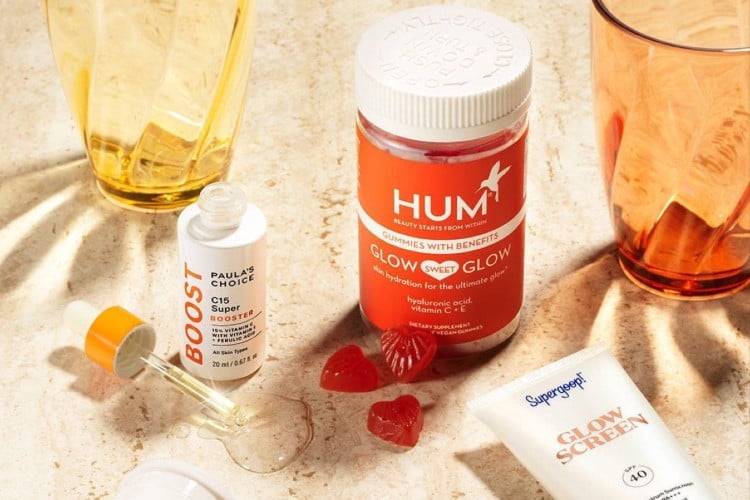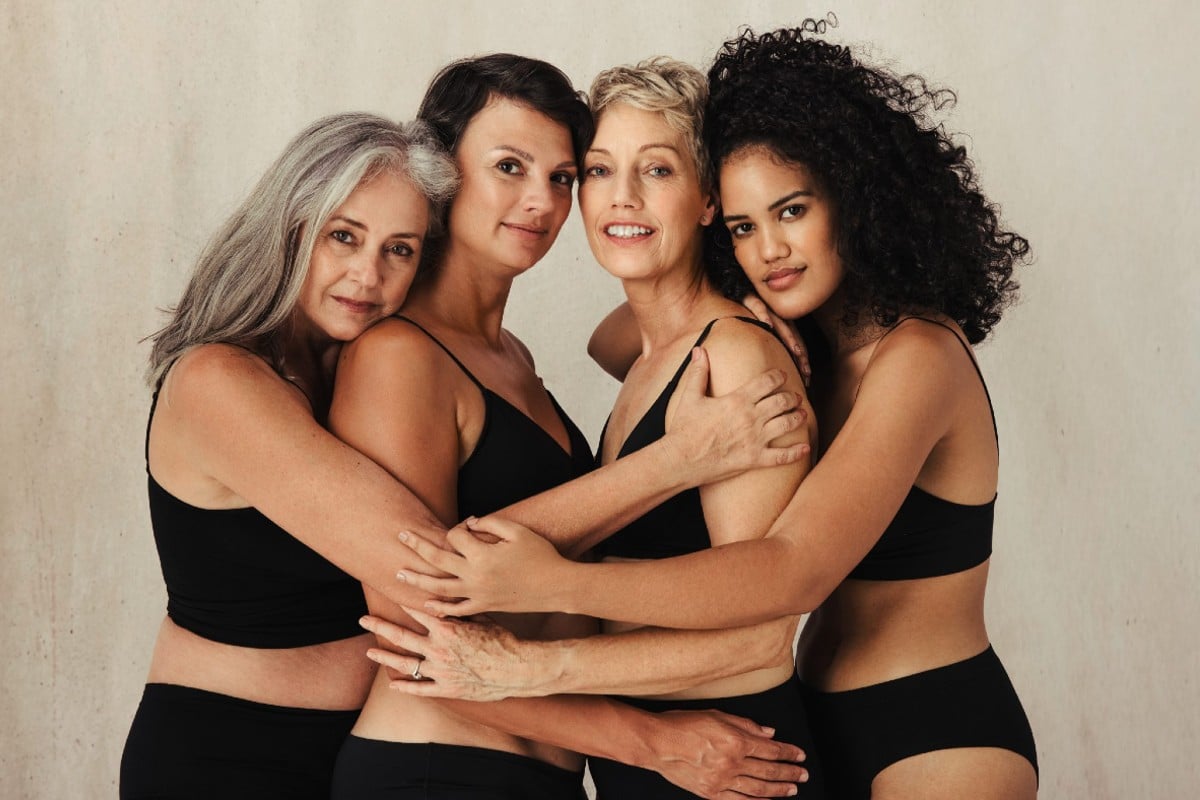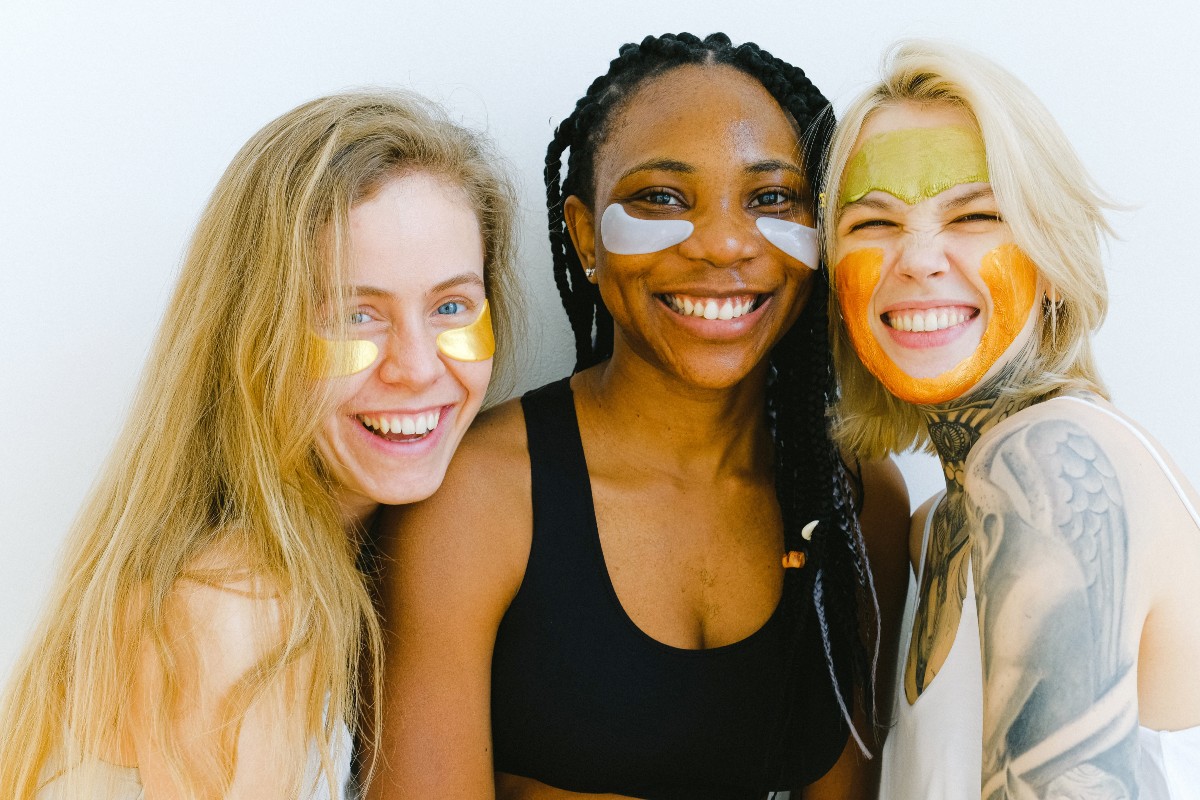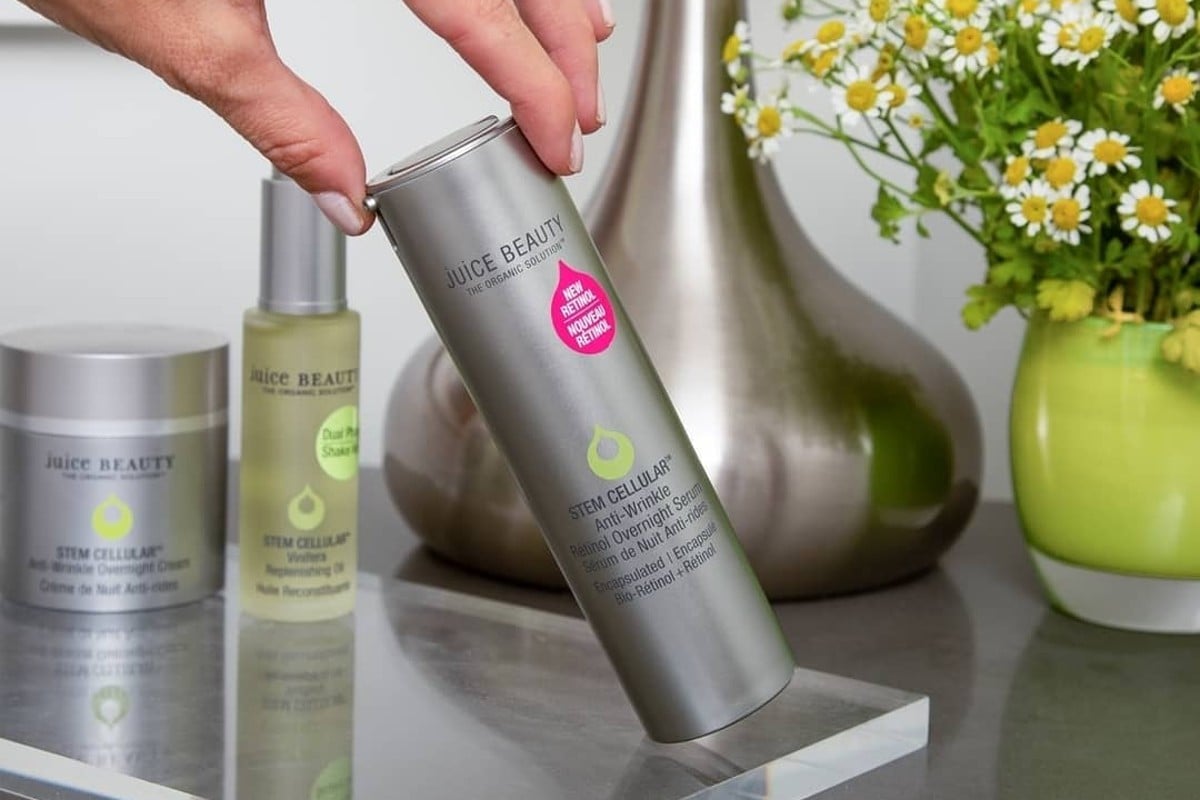This article has been reviewed by Dr. Aznaida T. Pandapatan, a board-certified dermatologist that practices both medical and cosmetic dermatology.
One more day and I’m turning 30, so I considered it’s about the right time to write about the best anti-aging tips for 30s. It’s been about two-three years since I began to see the first fine lines on my complexion: tiny small crow’s feet and a smiling line. While I’m OK with my first fine lines appearing, I still want to prevent them from becoming more visible. Considering you want the same thing, here I’m going to share the most useful anti-aging tips for your 30s to prevent those fine lines from becoming deep lines.
Anti-aging tips for 30s
If you’ve skipped some skincare steps in your 20s, now it’s time you create a better defense. Collagen and elastin – the proteins that give skin firmness and elasticity – production starts to decrease a bit each year from now on. This makes the need to follow these anti-aging tips for your 30s a must.
Use sunscreen
Daily sunscreen, all year round is a must, no matter your age. Using sunscreen hinders damage made by UV rays. So you get the desired outcomes, the sunscreen you use must have SPF values higher than 15 with UVA coverage and should be reapplied every two hours.
Add retinoids
If you’ve skipped on retinoids until this point, using them in your 30s is a smart thing to do. Retinol, the gold-standard ingredient in anti-aging, is your ally from now on. If you’re not familiar with retinol, here’s the long story short: retinol is a form of vitamin A, mostly touted as a miracle skincare ingredient. This is because it has multiple uses.
Upfront, retinol is great at preventing and reducing aging signs and sun damage. It does this due to its cell turnover properties, meaning it speeds up cell regeneration, replacing old, damaged cells with new healthy ones. In turn, this reduces dark spots, fine lines while encouraging collagen production for plump skin.
An important rule when using retinol is always to layer your retinol serum at night. Retinol makes the skin photosensitive, so you wouldn’t want to use this ingredient before exposing to the sun.
If your skin is too sensitive to retinoids, turn to retinol alternatives.
Use antioxidants
Free radicals damage is another culprit for aging signs, and defending your skin against them brings you closer to wrinkle-free skin. Free radicals are unstable atoms that can damage cells, causing skin aging.
With age, the body loses its ability to fight free radicals, leading to oxidative stress and skin cells damage. This is where antioxidants come to help. They are stable molecules that prevent oxidation of other molecules, keeping them integer and healthy. In your 30s, you need antioxidants to prevent oxidative stress from damaging your skin.
Hence, add to your diligent day and night skincare routine potent antioxidants. The most potent antioxidants to use in your 30s are vitamins A, C, and E, niacinamide, EGCG, resveratrol, and CoQ10.
Exfoliate regularly
Most of your efforts are in vain without regular exfoliation. With dead cells buildup, skin appears dull, and products aren’t absorbed properly. To stop this from happening, make sure you exfoliate your skin twice weekly, using chemical or enzymatic exfoliants. These encourage cell turnover, shedding away dead cells, revealing brightener, and smoother skin. In this way, you help get rid of dark spots and smoothen fine lines.
In your 30s, you should use products containing alpha-hydroxy acids, such as glycolic, lactic, malic, and mandelic, to encourage your skin to renew. For lighter exfoliation, enzymatic exfoliants do best. These use fruit enzymes such as pineapple, papaya, and cherries.
Eat healthily
There’s a strong connection between what you eat and how your skin looks. Ensure that your diet is rich in antioxidant-rich fruit and vegetables, like broccoli, spinach, potatoes, carrots, radish, pumpkin, beetroot, asparagus, kale, and lettuce. Healthy fats are also a great addition to your diet once you turn 30 because they help moisturize the skin from the inside out. Avocados, flaxseeds, nuts, olives, olive oil, and fatty fish (salmon, mackerel, and sardines) are the richest foods in fatty acids and omega-3s your skin needs.
Here are the best foods to enhance your skin appearance.
Stress less
You’re probably no stranger to the skin damage linked to stress because it’s been a thing for a while now. This is what happens when you’re stressing out: cortisol (the stress hormone) is released in the body, wreaking havoc on collagen and elastin proteins while diminishing the body’s defense system. This causes skin aging, accelerating wrinkles formation, and dehydrating the skin. So, do yourself a favor and try calming your mind every time you feel stressed; practice meditation or breathing exercises.
Stay hydrated
You need water not only to keep your brain and body condition at their best but also for the skin. Not drinking enough water causes the skin to lose plumpness and elasticity, leading to dryness and more visible fine lines. On top of it, water helps reduce skin problems, such as acne, flushing toxins out of the body. So if you want to hold on to that elastic and firm skin as long as possible, drink at least eight glasses of water daily.
You may also want to consider getting IV NAD. In addition to keeping you hydrated, NAD helps to reverse the signs of aging and repair cellular damage throughout your body. This treatment also contains a blend of vitamins that support healthy skin to help you look your best naturally.
Quit late nights
Now, more than in your 20s, you need to quit those late nights ASAP. You’ve got a busy life, I know; we all do.
But while you can’t control the time you wake up, it’s on you what time you hit the hay. Not Instagram nor Netflix will give your skin back when it loses elasticity earlier than expected. “Sleep deprivation is associated with increased signs of intrinsic skin aging (fine lines, uneven pigmentation, reduced elasticity), with much slower recovery rates after skin barrier disruption and lower satisfaction with appearance,” this study says. In other words, beauty sleep means beauty sleep. These being said, get your 7-9 hours of sleep nightly (yes, on weekends too!).


